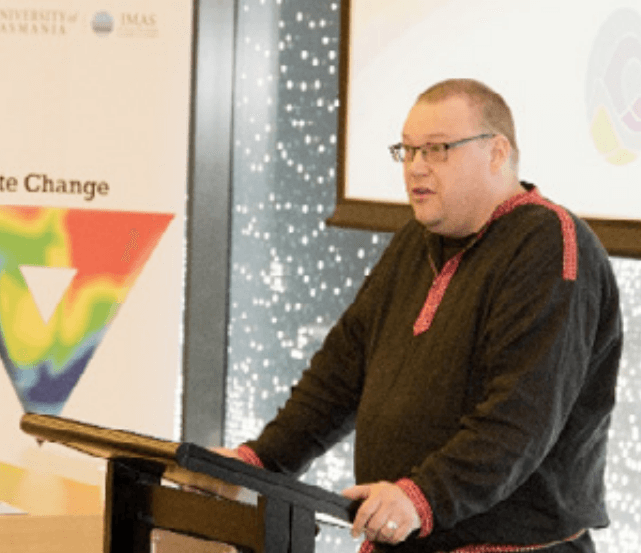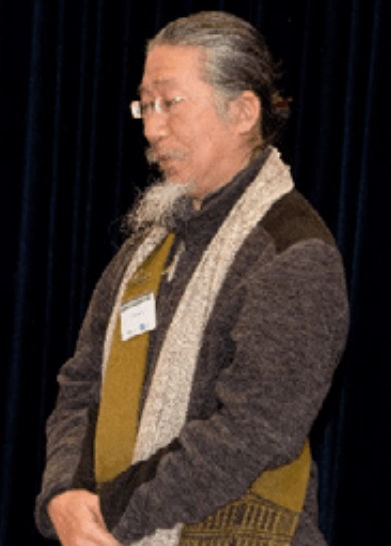The United Nations has declared 2021-2030 as the UN Decade of Ocean Science for Sustainable Development.
The objective is to motivate international efforts aimed at improving ocean health by providing the science necessary for sustainable development of the oceans - to underpin ‘The ocean we need for the future we want’.
A UNIQUE COLLABORATION, spearheaded by the Centre for Marine Socioecology, of over 100 researchers from the University of Tasmania (UTAS), the Commonwealth Scientific and Industrial Research Organisation (CSIRO) and other institutions. Within UTAS, members come from the Colleges of Arts, Law and Education, Health and Medicine, and Sciences & Engineering (specifically the Institute for Marine and Antarctic Studies and the School of Technology, Environments and Design). The collaboration includes psychologists, public health and education experts, philosophers, ecologists, oceanographers, climate modelers, economists, social scientists, engineers, information and communications technology researchers, and social scientists, as well as governance, law and policy experts.
Approximately 40% of the group are PhD students and Early Career Researchers, providing an excellent opportunity to train and mentor the next generation of interdisciplinary researchers.
In addition to the Australian-based researchers we are pleased to have involvement and collaboration with Indigenous representatives from around the world to define and lead the drafting of their own ‘key challenge’ for the oceans, as well as contribute much needed perspectives to the other challenges. Read more about the Traditional and Indigenous Working Group participants here.
Visit the Future Seas 2030 website here.
CMS recognises the increasing importance of engagement and communication across all facets of marine socioecological research. Globally, public perceptions and understanding of scientific research influence uptake and application of this research in practice. Our efforts within this theme focus on improving communication and engagement with marine stakeholders, policymakers and the wider community. We aim to increase understanding of achieving engagement and science impact in practice, as well as work to identify the potential for activities, including citizen science and knowledge brokering, that can improve ocean literacy, marine citizenship and research uptake - ultimately, to develop pathways to impact for the timely and socially-relevant work and research we are conducting within the Centre.
This theme focuses on the role of knowledge co-production in achieving sustainability outcomes for marine socioecological systems. Knowledge co-production involves a dynamic interaction between researchers and stakeholders that connects science/research, policy, practice and community. How this dynamic interaction works and can be strengthened
for sustainability outcomes is a field of research in its own right. The CMS aims for this theme are to:


Social-ecological systems worldwide are grappling with un-precedented changes at local, regional and global scales. Climate is a major driver of these changes and climate-driven pressures often combine with other drivers and pressures to create cumulative impacts on ecosystems and dependent human communities and cultures. Understanding the resulting landscape of hazards, risks and vulnerabilities, and developing strategies for mitigation and adaptation are multidimensional problems.
Research under this theme aims to provide clear understanding of how humans influence natural systems, but equally, of how biophysical processes –
including climate and other ocean change – affects people, communities and societies. Understanding motivations and barriers to adaptive behaviours and identifying key priority areas is central to our work (in terms of temporal and spatial scales for solutions and adaptations). This understanding is contributing to collaborative industry- government researcher-community efforts to address topics spanning cumulative impacts, hazard analysis and risk assessment, multiple drivers of change, thresholds and tipping points, and integrated monitoring and assessment methods.
Human society’s increasing use of the oceanic realm has brought with it new problems and opportunities; due to both the unprecedented growth of existing industries, such as fisheries, transport and tourism, and the rapid expansion of new industries including mariculture, seabed mining, and energy generation. Simultaneously, there has been an escalation in data collection on ocean state and processes, and how humans use and impact the oceans.
Now, the challenge is to find tools that can utilize available data and transform it into knowledge that will guide development of the oceans that is equitable and supportive of social, economic and ecological systems. It is critical to develop an understanding of the ocean’s biophysical limits, and how to support human wellbeing while staying within these limits, as this will inform societal discussion around acceptable levels of environmental change within the oceans.
The UN Sustainable Development Goals and the UN Decade of Ocean Science for Sustainable Development both provide a structuring opportunity to progress the interdisciplinary science needed to deliver this fundamental knowledge and propose potential pathways to sustainability. The work we are doing in this domain encompasses defining planetary boundaries, food and nutrition security research, sustainable development of marine industries, and socioecology
Pressing coastal and marine issues, such as climate change, overfishing, biodiversity loss and marine pollution are, in many ways, governance problems. Coastal and marine governance involves formal and informal arrangements (e.g., policy, regulations, economic incentives, and social and cultural norms) that mediate how humans interact with the environment and its resources.
These arrangements may pertain to multiple levels of governance from local to global. Their design, implementation and enforcement involve, in addition to government, diverse actors from the private sector and civil society. At CMS, we investigate novel and forward looking governance approaches and methods to underpin the sustainable management of marine social-ecological systems whilst also considering evolving social expectations.